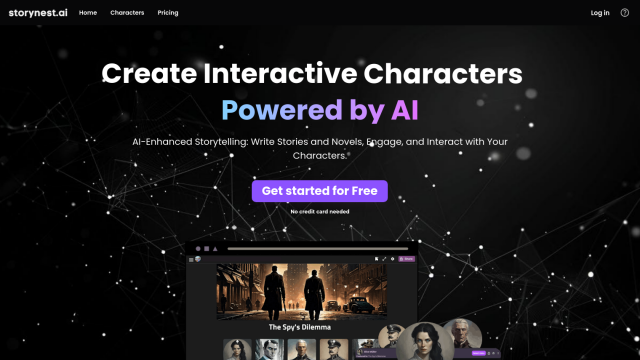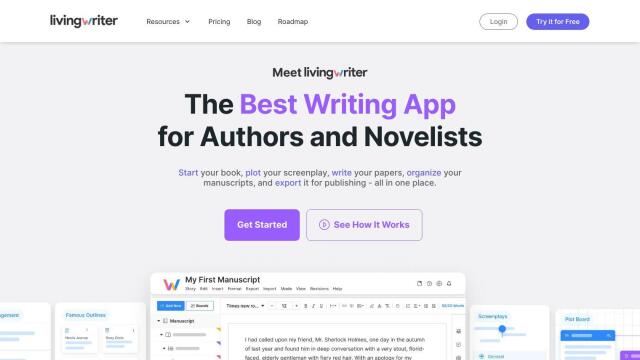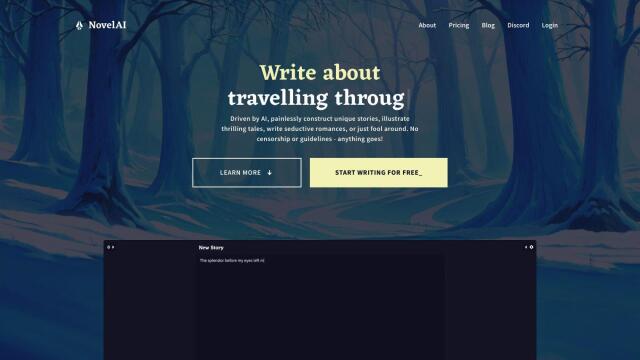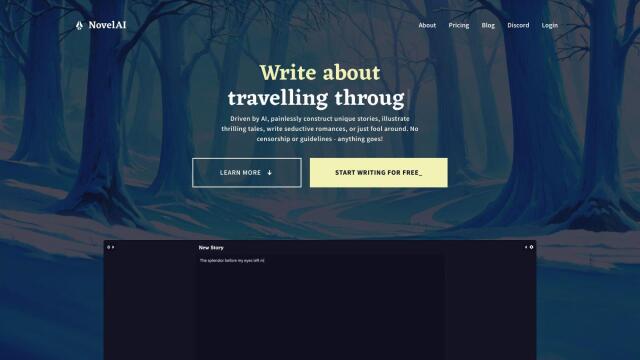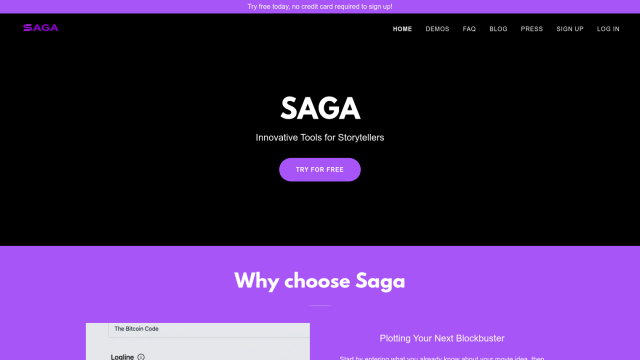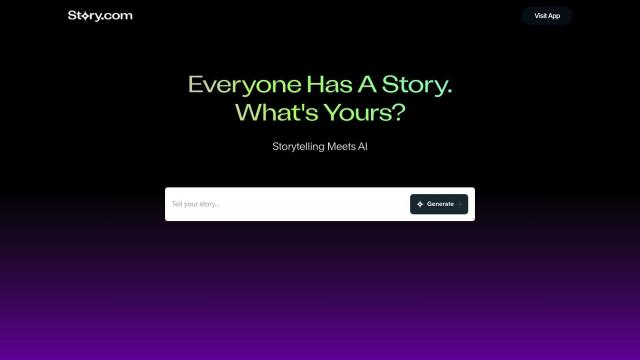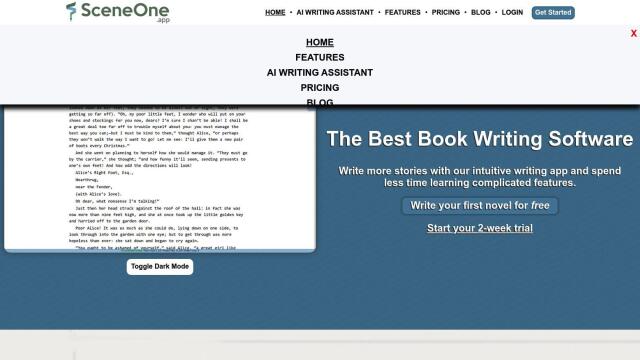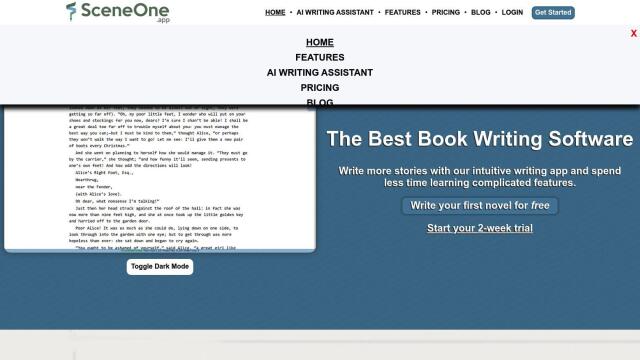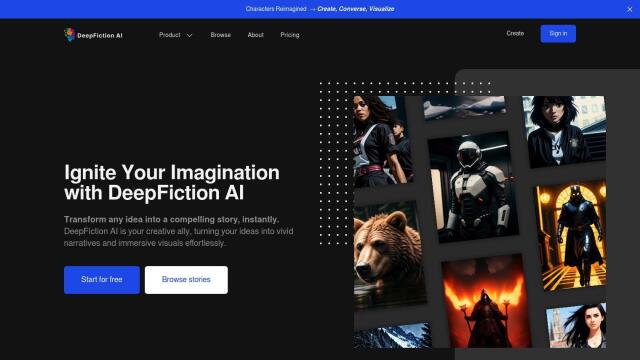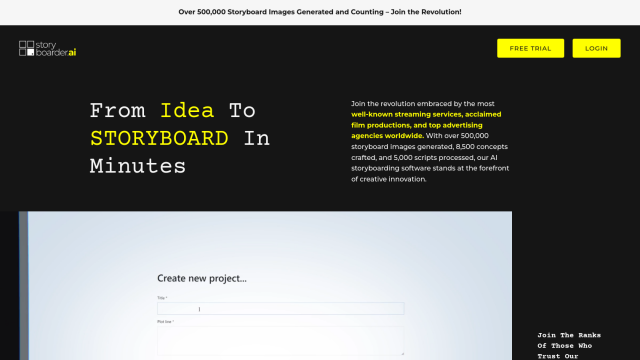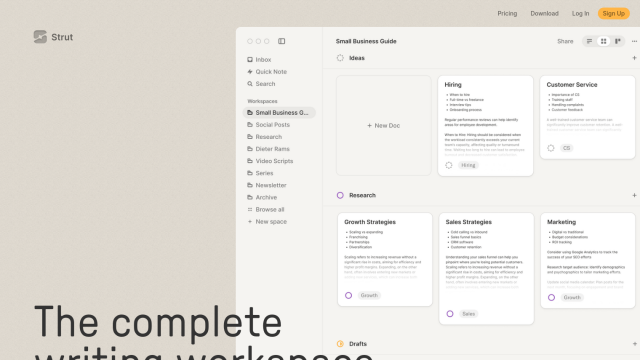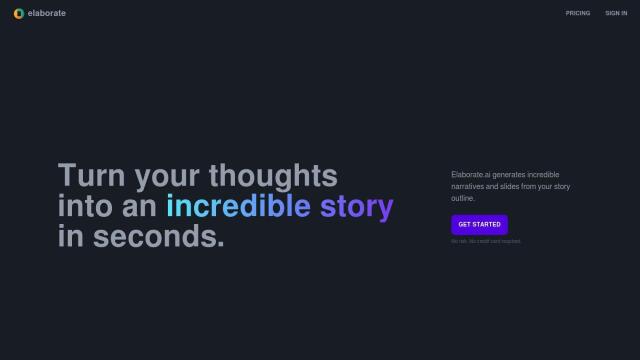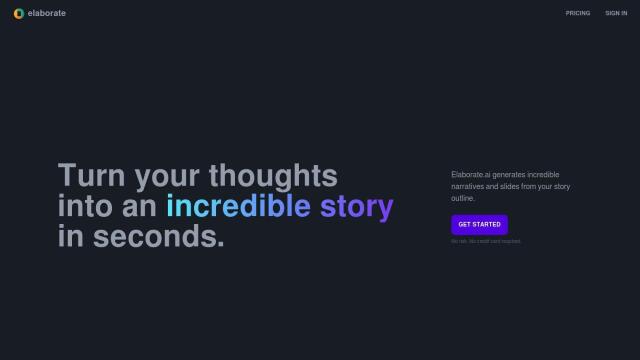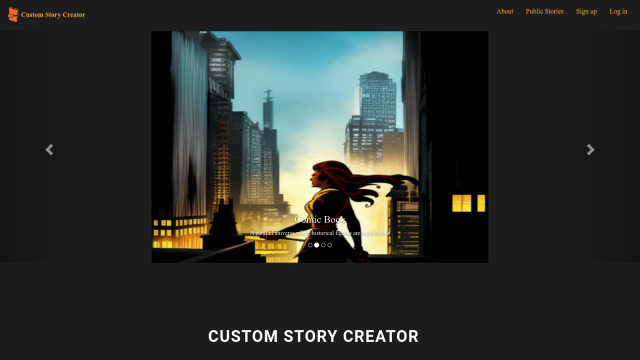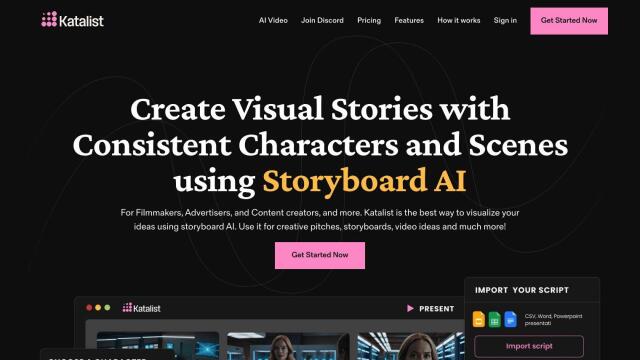Question: Is there a writing tool that allows me to visualize and explore different story paths and plot options?
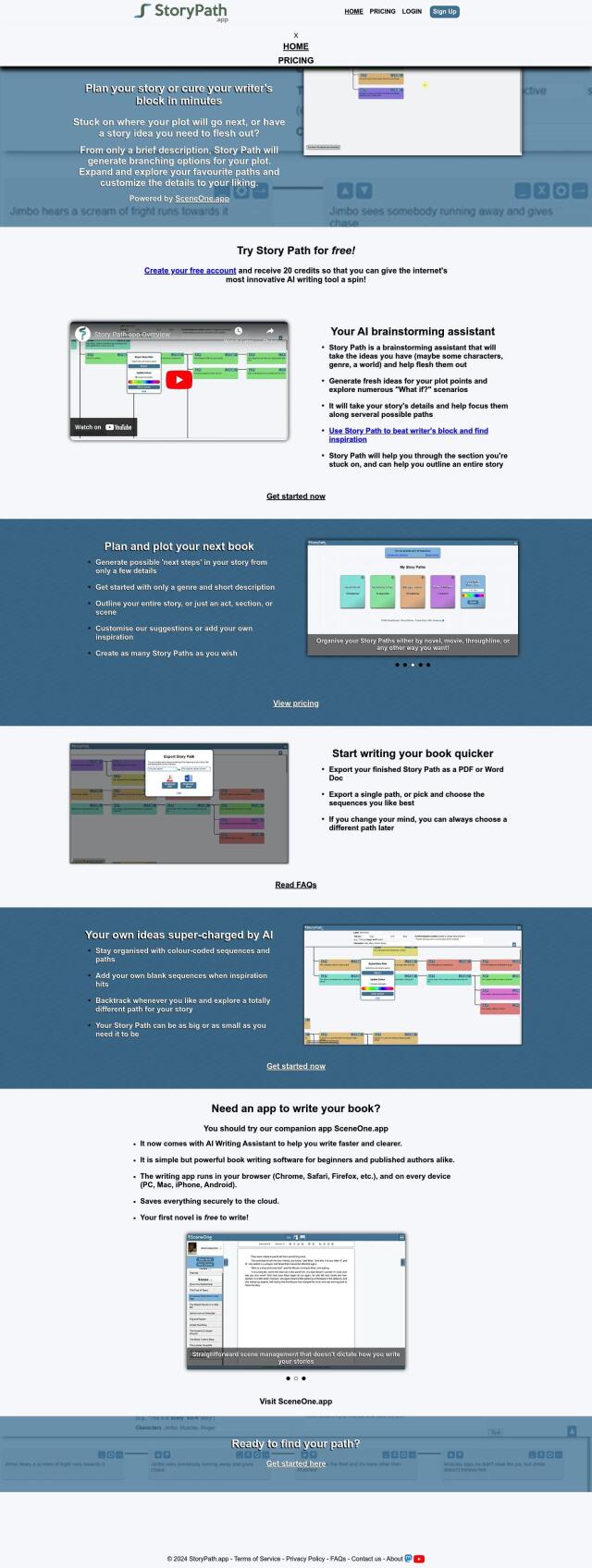
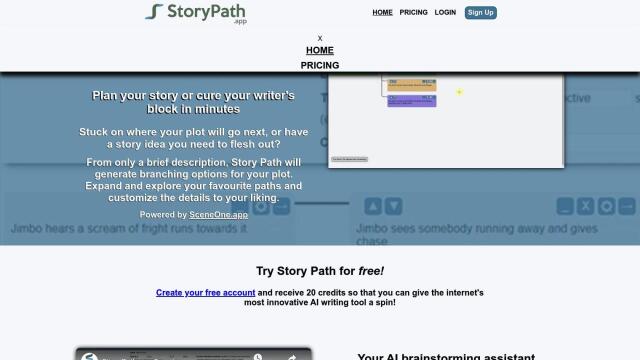
Story Path
If you want a writing tool that lets you visualize and explore different story paths and plot options, Story Path is a good choice. This book planning app uses AI to help you construct a consistent story, overcome writer's block and create plot variations. You can input basic information and the app will suggest possible next steps in your story. It also has color-coding and sequence ordering to help you organize your narrative, and you can export your finished work as PDF or Word documents.

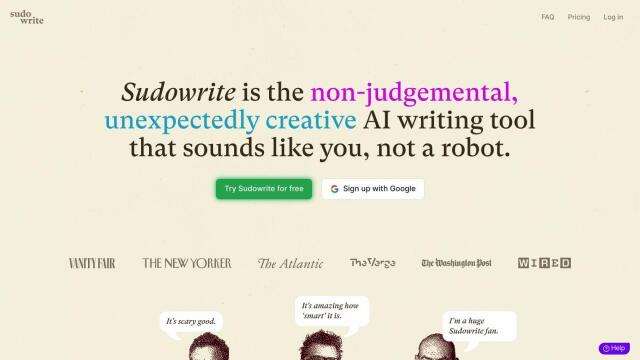
Sudowrite
Another good option is Sudowrite, an AI writing assistant specifically geared for fiction authors. It relies on large language models to process and generate text based on prompts, which is good for idea generation, outlining, writing, editing and refinement. Sudowrite has tools like Describe, Story Bible, Write, Expand, Rewrite, Feedback, Canvas, Brainstorm and Visualize that can help you come up with descriptions and map out stories.

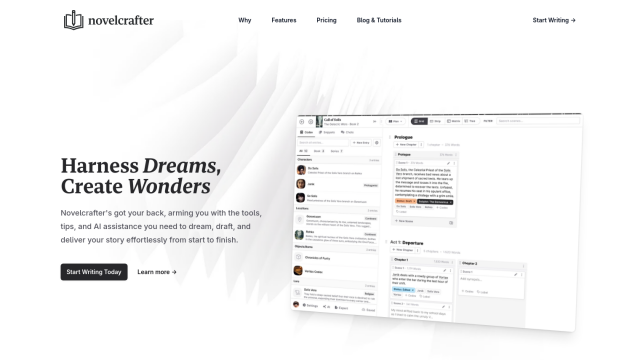
Novelcrafter
If you want a more elaborate writing environment, check out Novelcrafter. This novel writing toolbox is an all-in-one package with a personal Wiki for storing and tracking story details, multiple writing modes and AI tools to help you along the way. The Codex is a central repository for characters, locations and other story elements, so you can better handle complex stories.

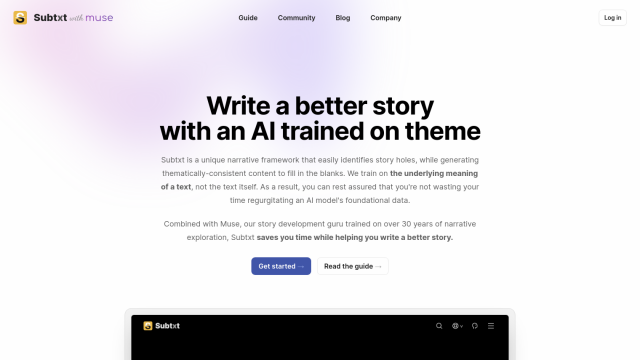
Subtxt
Last, Subtxt provides a narrative framework to help you identify gaps in your story and create content to fill them. With tools like Narrative Agents, Subtxt Muse, Premise Builder, Storyforms and Storyteller's Lexicon, you can construct a consistent narrative architecture and explore deeper thematic structures. The service is geared for writers of screenplays, novels and plays, and includes tools for professional writers used in major studios.

